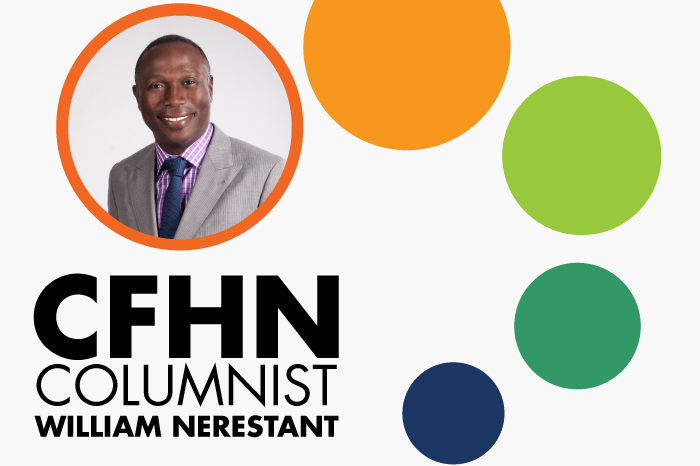
Health News
Features
-
Adapting to Changing Needs
Florida Southern College Adds Nursing Master’s Program in Mental Health by REBEKAH PIERCE Florida Southern College is flipping the script and breaking the stigma surrounding mental health. With mental health problems becoming more prevalent (a report in JAMA Health Forum noted that 38% more people are receiving mental health treatment now than in 2020), it’s…
-
Future-Proofing Health Care
Area Facilities Using Strategic Recruitment and Retention Tactics to Head Off Shortages by REBEKAH PIERCE In a world where many workers are deemed “essential,” healthcare workers stand out as pillars of our communities — perhaps the most essential of all. Yet, despite soaring demand, the healthcare industry faces a significant and growing shortage of professionals.…
-
Central Florida Health Care’s Success Is Rooted in Recruiting and Retention
by RYAN MILEJCZAK sponsored by Central Florida Health Care Today Central Florida Health Care is known for its outreach and prominence in the community, but that’s because it has consciously worked to build a top-tier image and recruit top talent. CFHC Chief Human Resources Officer Phil Kenney says the company has come a long way,…
Columns
-
Healthy Cook: Culinary tips for the caregiver turned chef
There is no denying that our taste buds age with the rest of us. They get tired, just like our knees and hips. Doctors can replace some worn-out parts, but have you ever heard of a taste bud implant? One of the burger chains uses a slogan something like, “You Gotta Eat.” Well, it’s true. …
-
Word of Mouth: Myths about implants debunked, part II: Are they effective?
Working like your own teeth, dental implants are imbedded in your jaw bone; they offer a superior option over bridges and dentures. Implants look and feel like your natural teeth, but you may worry that they won’t be effective long-term. Look to the facts when considering the effectiveness of implants. Myth: Dental Implants are too…
-
Ask a Nurse: Alzheimer’s is Type 3 Diabetes!
In 1906, a German neuropathologist Dr. Alois Alzheimer first identified what is now considered Alzheimer’s Disease (AD). He was caring for a middle-aged woman suffering from memory loss and disorientation. Just a short five years later, the woman passed away after enduring the torment of hallucinations and symptoms of dementia. Currently “the presence of neurofibrillary…





